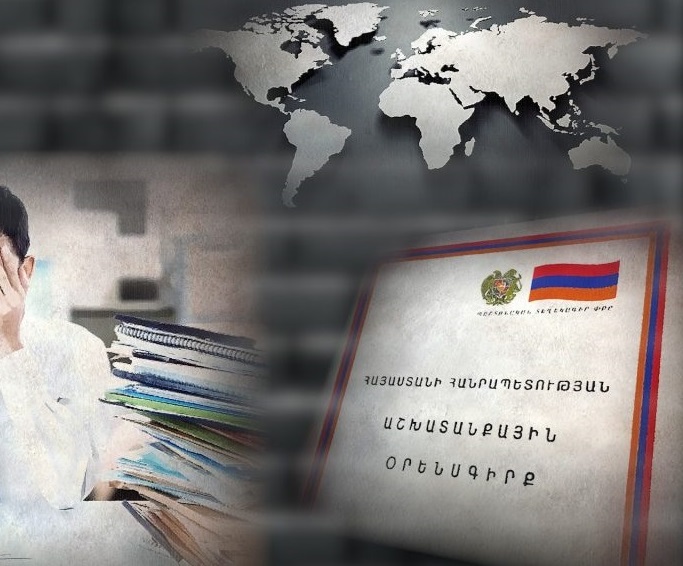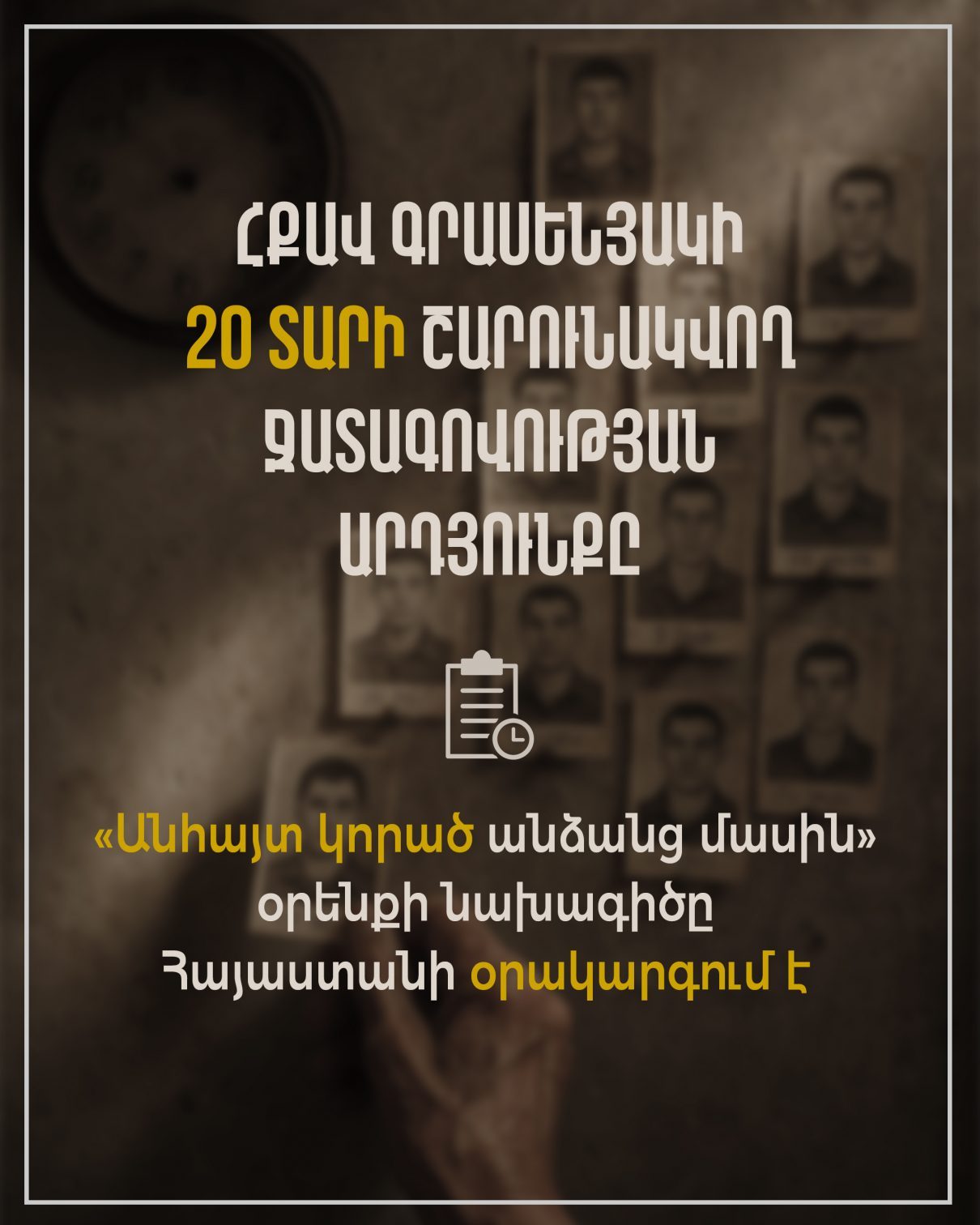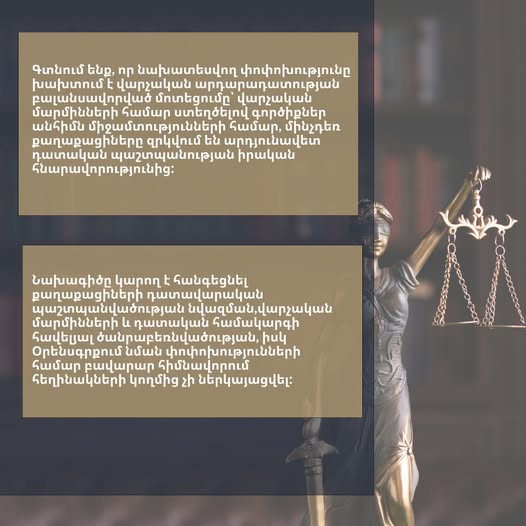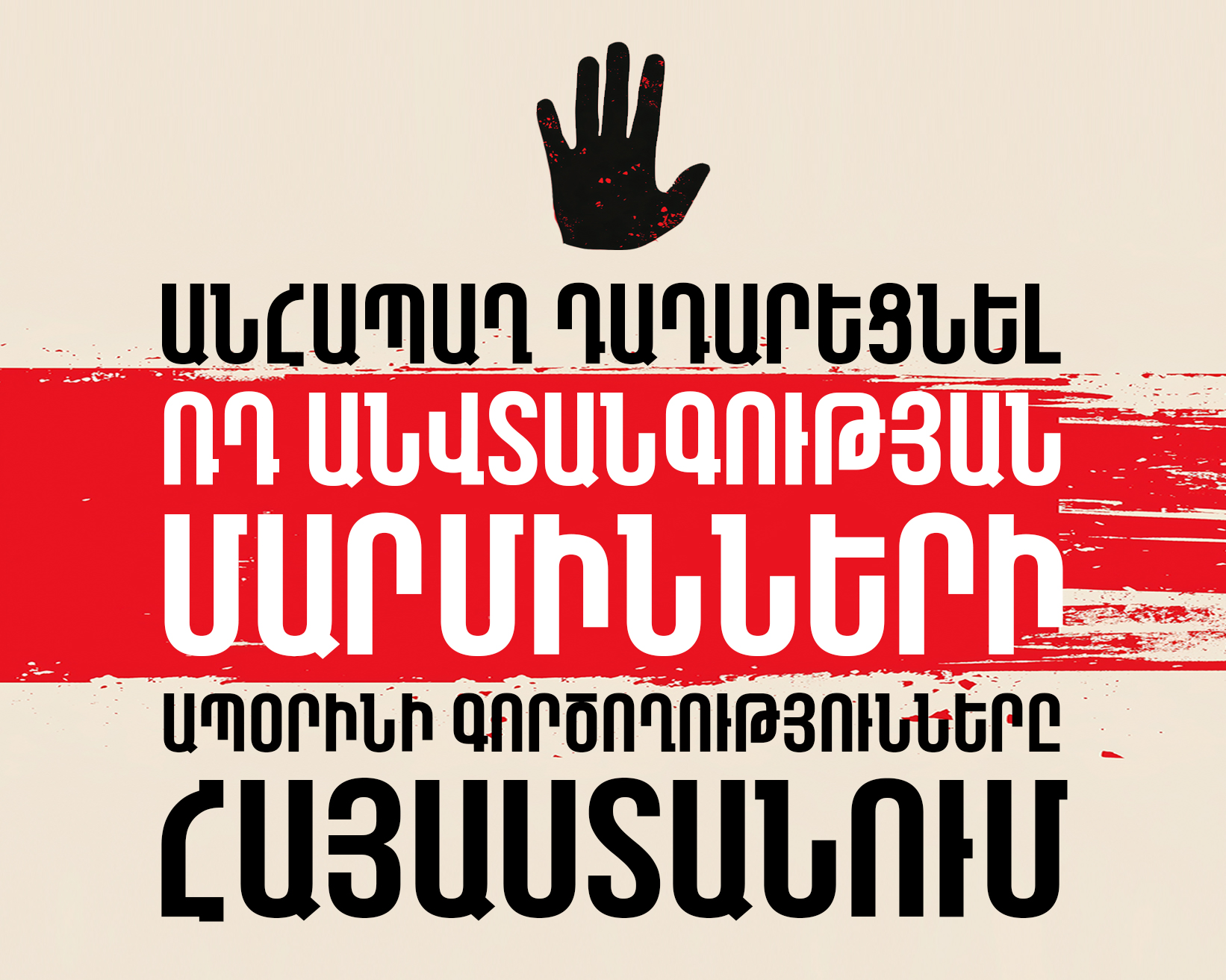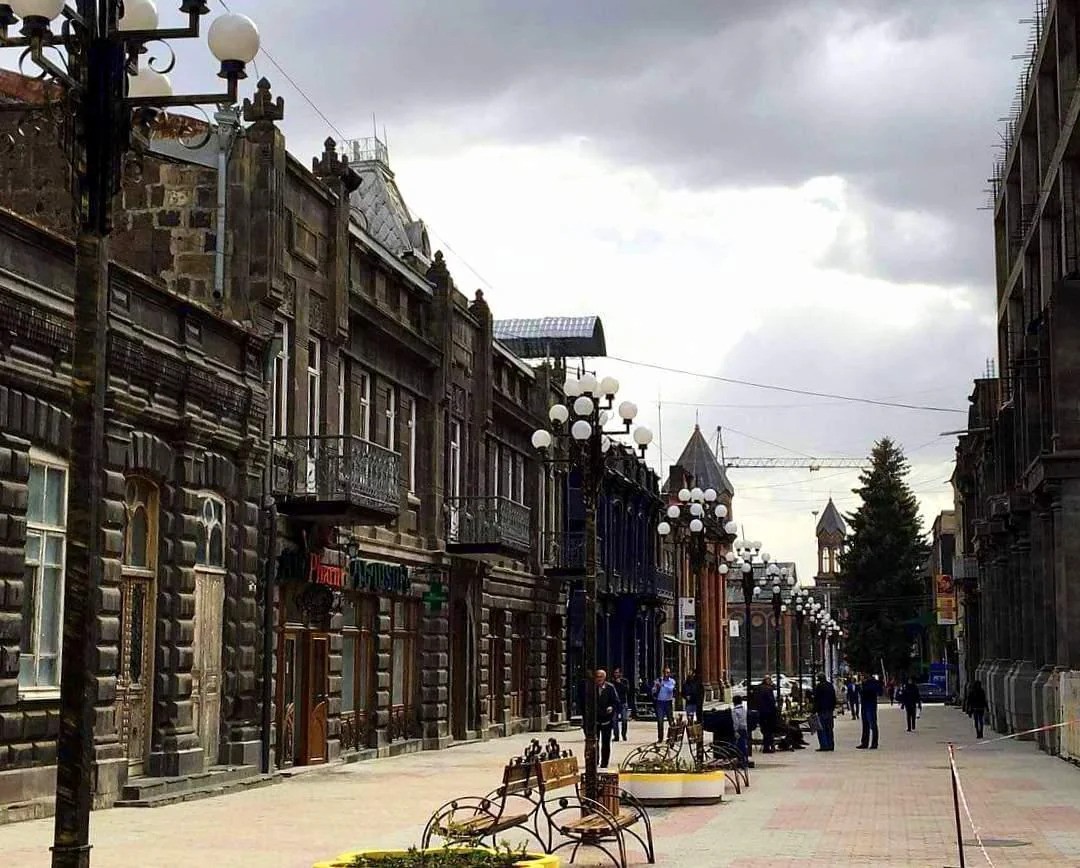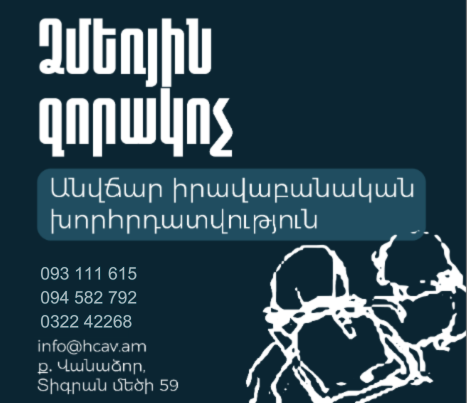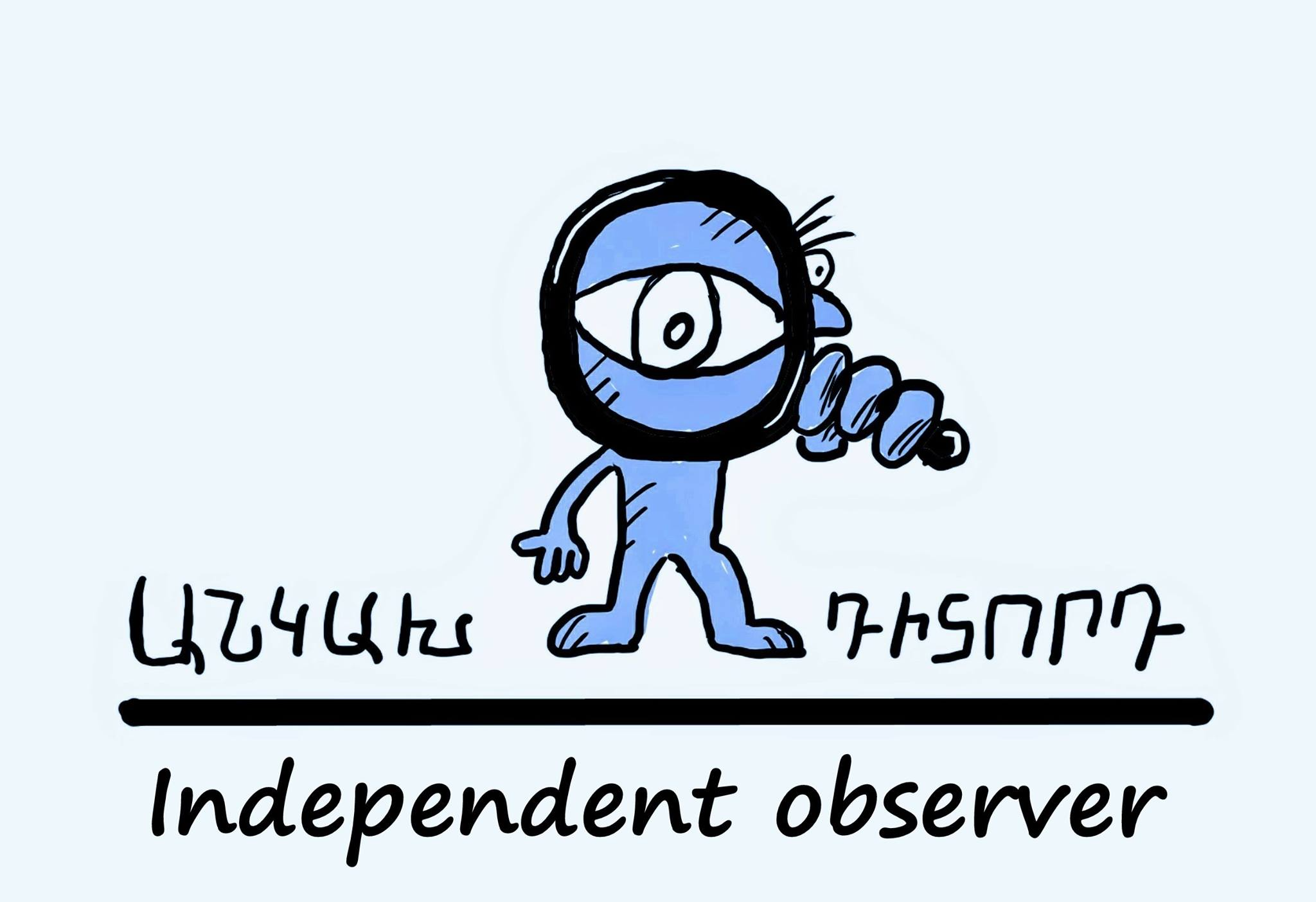




Small Non-Bloc State: Conceptual Approaches of the National Security Strategy of the Republic of Armenia
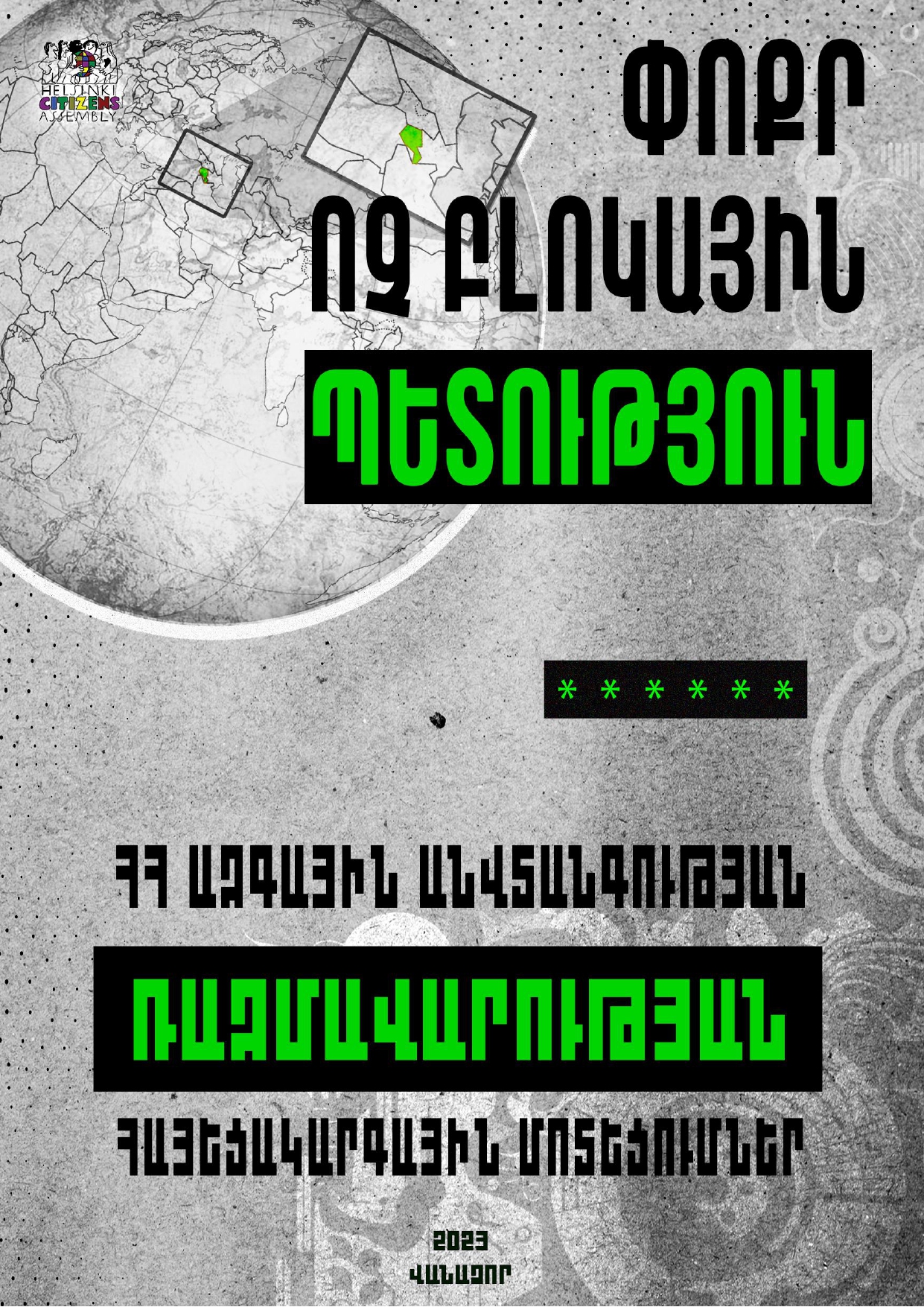
Activities | Reports|Information Papers|Brochures | Publications | Own | Civilian Oversight and Monitoring
This research is the logical continuation of the previous research conducted by Helsinki Citizens’ Assembly Vanadzor office and aims to promote and encourage as a topic for public discussion the necessity of developing a new national security strategy of the Republic of Armenia. HCA Vanadzor office, as a human rights organization, is based on the principle that security and human rights are inseparable; and effective, continuous security of the state and its
citizens cannot be guaranteed without democratic governance mechanisms-accountable and transparent governance, effective parliamentary oversight, the principle of rule of law (effective and reliable protection of human rights mechanisms, etc.).
The 44-day war unleashed by Azerbaijan and its consequences showed the impact of the absence of the mechanisms outlined above. Just two years after the Velvet Revolution of 2018, the new authorities relied on the security system
formed during the previous authorities – during the period of state capture, in order to resist the war, which naturally failed to provide an effective response to security challenges. Although it should be reminded that back in 2016, the four-day war in April showed the ineffectiveness of the defense system formed during the years of systemic corruption, but even that circumstance was not properly assessed by the new authorities. It should be noted that the report of the investigative commission of the RA National Assembly, established in May 2019 for the purpose of studying the circumstances of the April war, was completed only in 2021, after the second Karabakh war.
It is a fact that the second RA security strategy approved at the Security Council meeting in August 2020 cannot be a basis for preventing and facing the new challenges that emerged after the 44-day war of 2020, as well as for making systemic changes. Moreover, the second national security strategy does not even have answers to many new systemic problems of domestic and foreign policy, which threaten the existence of both the Republic of Armenia and Artsakh.
The group of experts involved by HCA Vanadzor office for the implementation of this research has already presented another research to the public. The mentioned research showed the limiting influence of the Collective Security Treaty Organization (CSTO) and to a certain extent the Eurasian Economic Union (EEU) on solving the current security problems of the Republic of Armenia and ensuring security, as well as the possibilities of strategic cooperation in case of acquiring the status of a non-bloc state. In this paper a number of conceptual approaches are formulated in the context of the future national security strategy, in the directions of foreign policy, regional level, cyber security and internal resource management. The expert group did not give the final answers to all the questions, moreover, such a goal was not even set before the group, because the development of the national security
strategy requires more resources - involvement of state bodies, departments, a greater number of experts from different fields and representatives of civil society. However, as a result of many discussions during the implementation of the research, we decided with the experts that we should first justify and present approaches regarding the conceptual basis of the RA national security strategy. An important result of the discussions is that before the development of the national security strategy, it is first of all important to develop and define the conceptual approaches that are the basis for the National Security Strategy, and the presented research is aimed at the elaboration on that conceptual content, the formulation of substantive problems and the ways to solve them.
Another important result of this research is that, in continuation of previous researches, this is another step towards the development of conceptual approaches to the national security of the Republic of Armenia as a small state, in the status of a non-bloc state.
The war unleashed by the Russian Federation against Ukraine was a challenge not only to the international law and international security system formed after the Second World War, but also to the security, if not survival, of small states. If states like Finland and Sweden, being non-bloc states for many years, decided to join NATO to ensure their security, it was only due to their being non-bloc state, which gave them the opportunity to demonstrate the flexibility and maneuverability characteristic of a small state to solve their security problems. As the previous research has shown, being a member of the CSTO military bloc deprives the Republic of Armenia of maneuverability and flexibility to solve its security problems. And if, in the case of Ukraine, joining NATO has reasonable justifications for the purpose of solving its security problems, then taking into account the limited resources and the imperative of solving security problems in the new polarized geopolitical situation, it may be effective for the Republic of Armenia to acquire the status of a non-bloc state.
Presenting the work of the experts, we also expect observations, discussions in the direction of the new national security strategy of the Republic of Armenia, its conceptual basis, from various specialists, experts, state bodies
and political powers.



